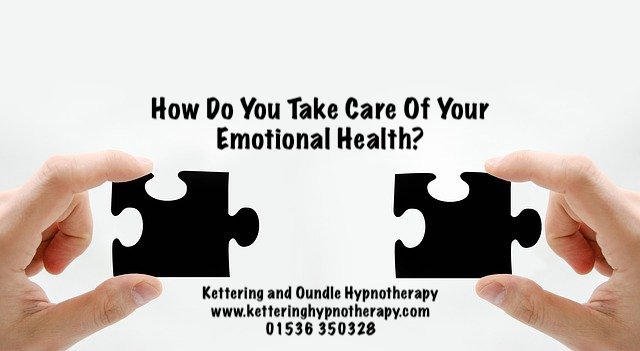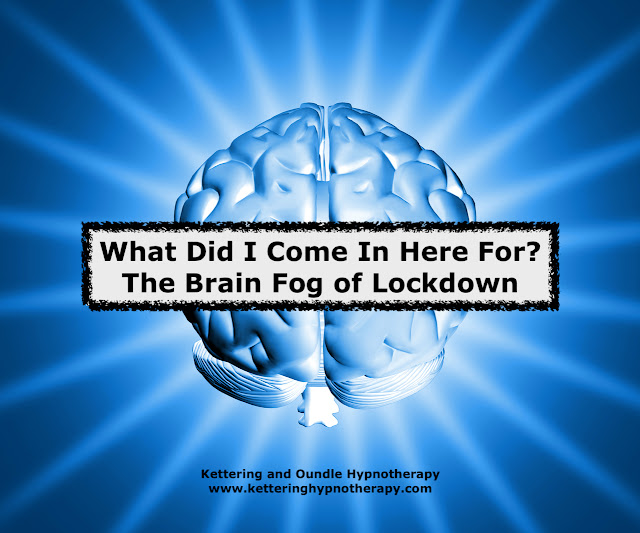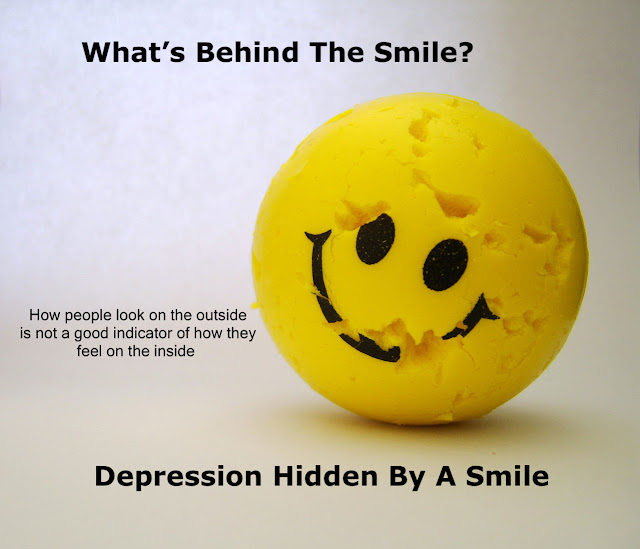How Do You Take Care Of Your Emotional Health?

Take a moment to list all the things you associate with being happy. Now compare them to someone else's list. You will most probably find that while some are similar, others are unique to you. What makes me happy, you may well be indifferent to; this is the problem of applying a one-size-fits-all to psychological wellbeing. Think of wellbeing as being at ease given the current circumstances alongside a view to the future. Our circumstances change our feelings of contentment associated with that change. Our emotions and reactions unfixed; they interact with each other. It is entirely possible to feel content with one aspect of our lives without having an overall positive effect on everything we do. If we think of wellbeing as a fixed state, we are likely to become frustrated when we reach obstacles. Our goals and desires for the future form part of what makes us feel a strong sense of wellbeing; we have a sense of purpose and feel that something is happening. It gives us a sense o...





